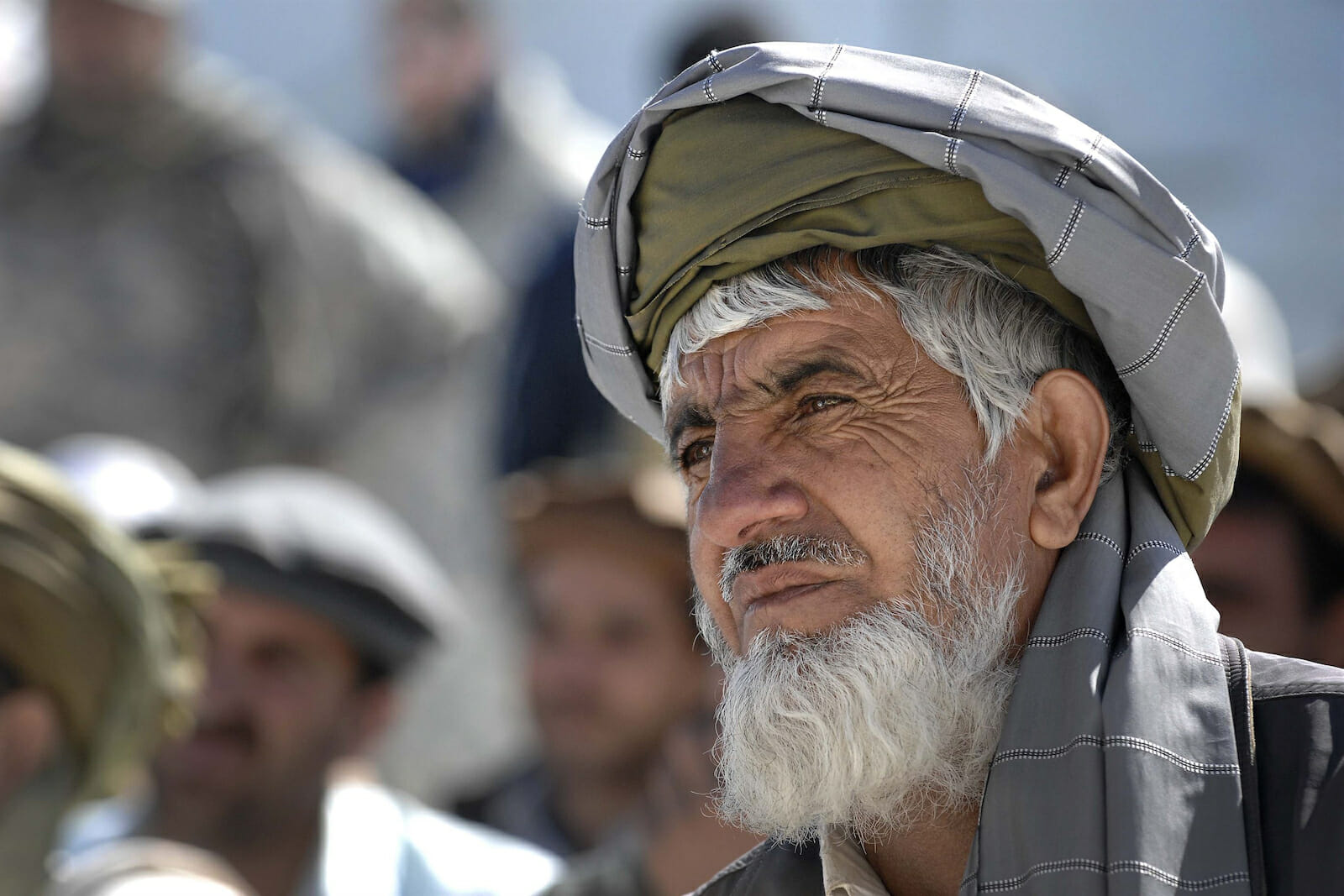
Karzai’s Taliban Solution
Just six months before he steps down from office and a year before NATO concludes its operations, Afghan president Karzai last week criticized the outcome of Western military operations in his country saying that it had failed to achieve absolute security. Mr. Karzai noted, in particular, the failure to secure Afghan villages and flush out Taliban bases in Pakistan, and that military operations had often caused civilian casualties.
Foreseeing a possible role for the resurgent Taliban in a future Afghan government, Mr. Karzai suggested that such an eventuality would not undermine democratic progress or the plight of women, and reaffirmed his desire to forge an agreement with the Taliban during his remaining time in office. On one hand, this certainly sounds like capitulation to the Taliban. On the other, an admission of the difficult choice Afghanistan faces after 2014.
A number of Western diplomats and human rights advocates have voiced fears that the Taliban would do just the opposite of what Karzai suggests, believing that a Taliban presence in the Afghan government would strongly inhibit future democratic progress, making a meaningful dialogue difficult between domestic institutional and social actors, and greatly complicating regional international relations.
The very idea that, after a decade of sustained action against the Taliban it would be so resurgent, and that Mr. Karzai appears to be favorably inclined toward their active participation in government, raises fundamental questions about the viability of the entire peace process, and Mr. Karzai’s credibility as the West’s interlocutor with the Taliban. Mr. Karzai’s tendency to be defiant toward the West has in recent history caused great consternation in the U.S. government and its coalition partners.
The U.S. government has in recent months admitted that the Afghan conflict cannot be won on the battlefield, which is why Washington has supported dialogue and the establishment of diplomatic negotiations with Taliban leaders. The insurgents have been weakened politically and militarily, but not defeated, and maintain influence in some parts of the country. Indeed, some Taliban leaders seem more interested in the continuation of provincial and regional autonomy than the creation of a unified state. To the extent that this also reflects the will of some Afghans, the notion of a single governing entity representing the will of the Afghan people seems fanciful.
Even if a political agreement were to be reached, crafting a constitution that integrates the desires of the Taliban would prove difficult, to say the least. In the past, the Taliban have made their displeasure of the current Afghan constitution known, preferring instead Islamic law. However, over the past two years, some Taliban leaders have adopted less radical positions, replacing jihadi rhetoric with more nationalist speeches, wanting to leave the impression with both the Afghan people and foreign powers that they are, in the end, Afghans and patriots, seeking the end of foreign occupation.
Also wanting to dispel the notion that they are allied with Al Qaeda, the Taliban have said they will no longer train Sunni Jihadists or attack Shia Muslims, and that they welcome better relations with the country’s religious minorities and the country’s non-Pashtun groups. Surely, part of the motivation for this ‘Taliban Lite’ is the recognition that once the Americans and its allies depart, the possibility of an endless civil war looms, with the government, Afghan army, warlords and non-Pashtun groups.
Afghanistan’s neighbors would surely favor a solution that incorporates a less objectionable Taliban if, in fact, they remain more moderate. Pakistan and some of the Central Asian states may want to play a role in brokering a political solution, though it is doubtful this would prove successful. Pakistan’s Prime Minister Sharif has an incentive to promote such a solution, as it would help reduce the plethora of challenges he already faces at home, but Pakistan’s involvement in Afghanistan in the past may be characterized as politicized and unhelpful. China and Russia may similarly be interested in enhancing the prospects for peace, given that doing so would have an impact on their own insurgencies, and their spheres of influence in the region, but given Russia’s history and concerns about China’s potential economic domination, this also seems unlikely.
What seemed inconceivable a decade ago – the integration of the Taliban into Afghanistan’s post 9/11 political process – appears not only possible today but probable. It is the failure of Western intervention, and the Karzai government, that makes the idea less objectionable than it was at that time. But in fact, there is no realistic alternative. Pakistan is in no position to exert meaningful influence in the country, and no other regional power has the ability to do so.
So, ten years later, we are essentially back where we started, with the Taliban calling the shots. If the more moderate Taliban prove to be wolves in sheeps’ clothing, there will be little any other country can do about it. Russia and the West have tried that, and it did not work. For that reason, we should wish the Karzai government well in its quest to integrate the Taliban into the government.


